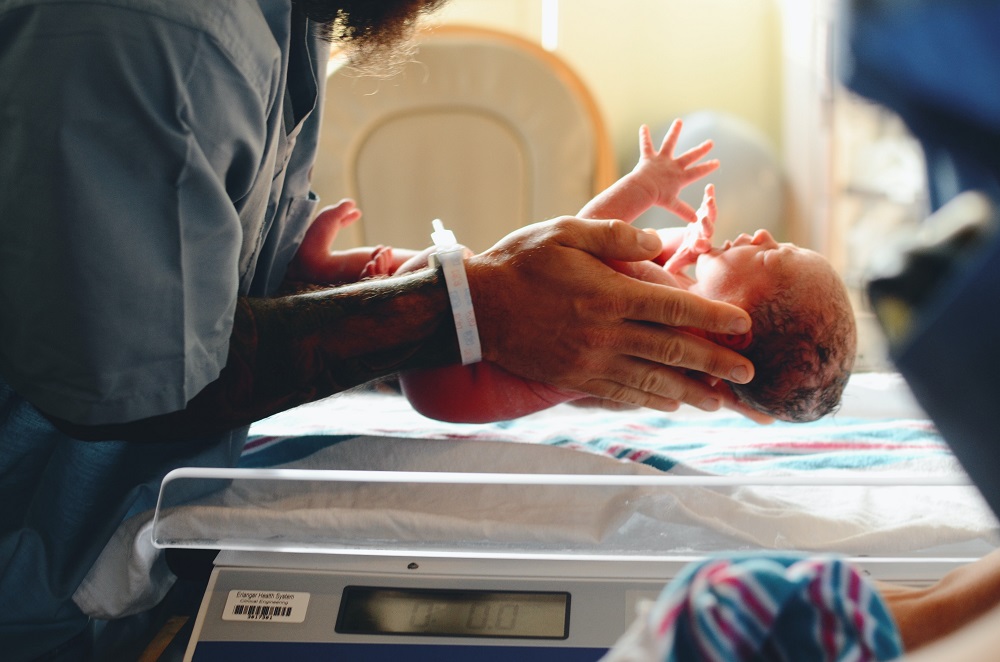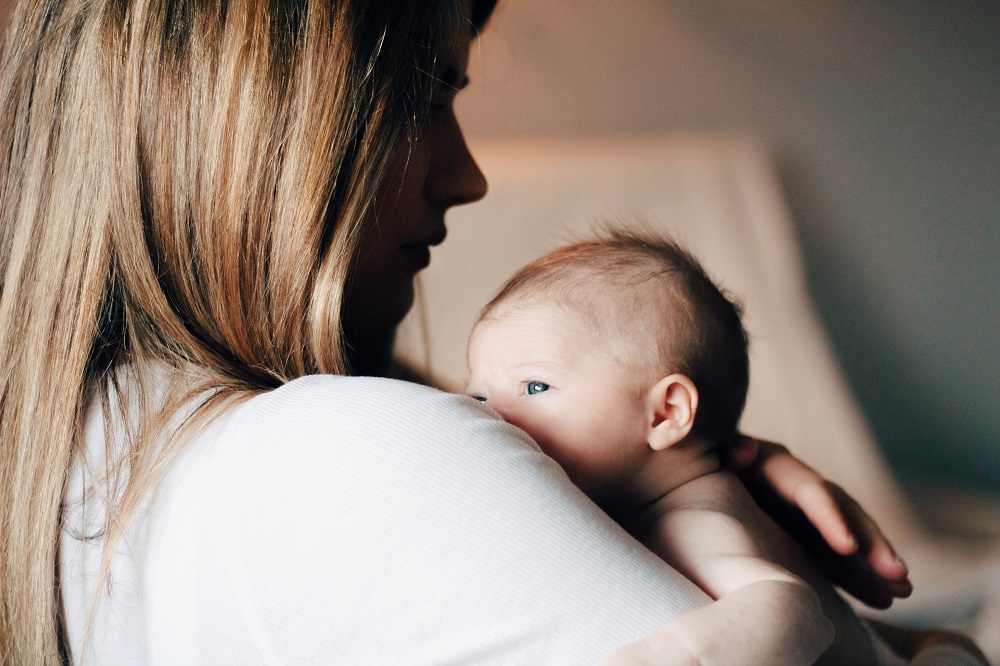Whether you’re a new parent or you’ve had children before, you are almost certainly painfully aware of exactly how exhausting and all-consuming a baby can be. Babies are a wonderful addition to your life and your family, but they’re a lot of work.
As parents, you love your baby and want them to be healthy, happy, and safe.
You also enjoy watching them grow and change, but as you probably know, babies develop at a rapid pace, and not all babies are the same.
So, while your baby is growing and you’re collecting mementos to look back on, how can you keep track of your baby’s development?
Why It Matters
First things first, if you’re already overwhelmed and underrested, why should be be focusing so much on how your baby is developing?
Well, it comes naturally to a parent to watch their baby grow and learn things. Honestly, it’s just nice to watch, while admittedly bittersweet to get past the newborn stage and into older infant-hood and toddler-hood. You can see them reach milestones and learn how to smile, eat solid food, and even talk and totter.
But there’s a more pressing reason why it matters.
These milestones are a good indicator of your baby’s overall health and can be the first way to spot any potential health problems or developmental issues. For example, if your child isn’t putting on weight as they should be, it can be the sign of an underlying issue. Also, your child will be unhealthy because they aren’t getting enough nutrients to grow healthily.
Postpartum health checks save the lives of mothers and babies alike.
They can also keep track of other milestones, such as speech and social development. Again, infants are often too young to be diagnosed with certain learning disabilities, developmental disorders, or other issues that can change how they grow, but a heads up is always a good thing as it helps you to prepare and support your child.
Before you panic about your child not meeting every milestone perfectly, remember that every child is different. Yes, it can be a cause for concern if they are a bit late in some regards, but milestones are often a case of averages.
For example, if both parents are small and the baby is small, a low average weight and height isn’t necessarily a cause for concern. Some people are just smaller and lighter than others. The key is to track the height and weight and make sure that the baby is growing. The same applies to other milestones, such as weaning or potty training. Some children are just stubborn and can take a little longer to move on than others.
The trick is to keep an eye on these milestones and be aware of any potential concerns. Your doctor will help you to work out what they mean and how you can best help your baby.
So, while this is by no means and exhaustive list of how your child will develop, here are some milestones to look out for.

The First Six Months
Newborns are cute, but they are rarely the best conversationalists in the world. A newborn’s job is to sleep, eat, and quietly grow.
As well as the typical health checks that will continue, such as height and weight, you will also notice a few milestones as they start to interact with the outside world.
Newborns are utterly helpless, unable to even support their own heads, but soon they start to be able to lift their heads and look around. They’ll also focus on their parents and you might even be gifted with their first real smile and maybe even a giggle (no, gas doesn’t count).
After the first three months, your baby will start to develop the first signs of an actual personality, but don’t expect to get to know them quite yet.
A newborn will only really cry or perhaps burp and gurgle, but when they get older, they will become more vocal and start to coo, giggle, and even squeal. If you talk to your baby more, they will try to imitate you. It’s not speech yet, but it’s a good sign.
They will also develop physically, trying to roll over, sit up, and grab things. Some parents wean after six months, although they won’t be able to eat solid food on its own for a little while. They might also start teething, so if your baby cries a lot or gets agitated for no reason, check their little gums.
Baby’s Sleep Schedule
Babies need an awful lot of sleep, but its a rare newborn that sleeps through the night. Yes, some parents enjoy babies that get a full 6-8 hours of sleep every night, but this isn’t common.
Different babies have different sleeping patterns, so talk to your doctor if you’re concerned about how much sleep your baby is getting compared to what they need. Babies also sleep through the day, and will continue to do this well into early childhood. Some kids still like their naptime when they can help it.
Another way to try to control your baby’s sleep schedule, both for their benefit and yours, is to keep track of their baby wake windows.
Simply put, a wake window is how long your baby is awake between naps. If they were only asleep half an hour ago, your baby likely won’t want to sleep again. On the other hand, a long wake window can lead to tired, grumpy babies that are too busy expressing their woes to sleep when you want them to.

Social and Speech Development
As well as their physical milestone developments, one of the best ways to keep track of your child’s wellbeing is to watch their social and speech development.
It’s a rare child that is speaking full sentences before the age of 2 or 3, and again, some children are quicker or slower than others. Younger siblings sometimes take a little longer to talk, because they have an older sibling to speak for them.
But you can see them trying to learn from an early age. Even a baby will start to coo and gurgle, and this is the first sign that they are learning to communicate. They might understand “no” and will try to repeat what you’re saying, to limited success. You might even get your first word, including “mama and dada” before they hit 12 months.
After a year, a baby will show signs of understanding. They might point and nod, and will develop a very limited vocabulary. They will probably also babble more, even if you can’t quite understand them yet. After 18 months, most children start to use pronouns, combine words, and learn more and more words.
By the time a child is 4 or 5 years old, you can usually have a simple conversation with them. They will still make mistakes, but they will appreciate and understand language.
Again, some children are slower than others. But if you are concerned, then please take them to the doctor. Children might need a little helping hand to get a grasp on language. It can be a sign of an issue, but many slow speakers who need speech therapy grow up to become perfectly chatty children and adults.
Speak to your children often and interact with them, teach them different words even from a very young age. They are learning more than you may realize.

